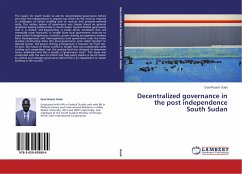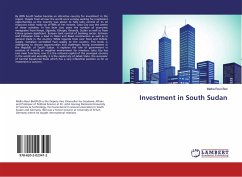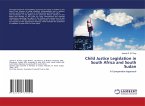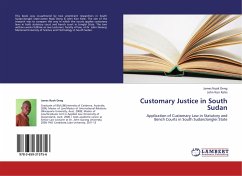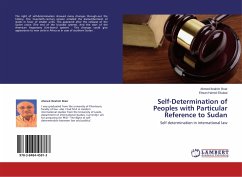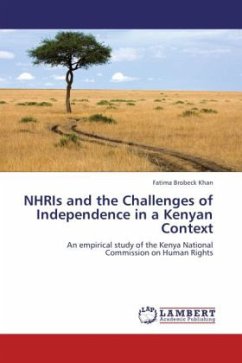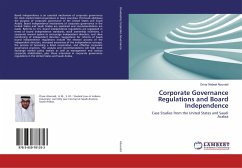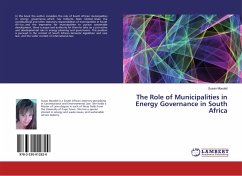The reason for South Sudan to opt for decentralized governance before and after the independence is argued was driven by the need to respond to challenges of nation building and to nurture and promote national unity. This unitary system of governance was chosen based on general skepticism among political elite in South Sudan toward federal governance that it is divisive and fragmenting, it builds ethnic homeland that will eventually cause insecurity. In Jonglei State local government units are to some extent homogeneous, however, power sharing arrangement involves both homogeneous and heterogeneous local governance units the latter involves constructing State into local governance units called "greater" to allocate power, this power sharing arrangement is however far from fair. As such, the nature of ethnic conflict in Jonglei that was traditionally cattle rustling and competition over the grazing land has changed its dimension hence politicized and this is mostly a "governance crisis". This study was conducted with the view to inform and help policy makers in South Sudan to rethink and redesign governance deficit that is an impediment to nation building in the country.
Bitte wählen Sie Ihr Anliegen aus.
Rechnungen
Retourenschein anfordern
Bestellstatus
Storno

